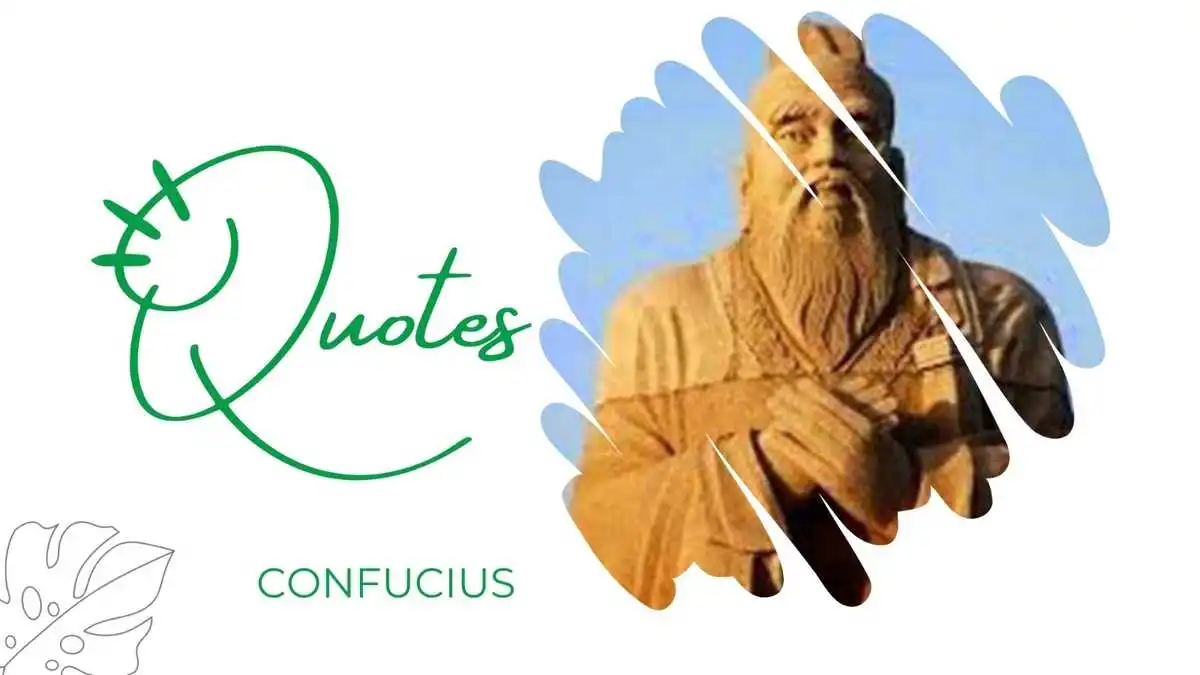Confucius (551-479 BCE) was an influential Chinese philosopher and teacher who lived during the Spring and Autumn period of Chinese history. He promoted personal morality, correct social relationships, justice and sincerity. Confucius is considered one of the most important thinkers and teachers in Chinese culture.
Some key facts about Confucius
- His original name was Kong Qiu and he was also referred to as Kong Fuzi (Grand Master Kong) after his death. The Latinized name Confucius was coined by 16th century Jesuit missionaries.
- Confucius was born in the state of Lu (modern day Shandong province) and worked as a government official, educator and philosopher during his life.
- He taught a system of ethics and politics known as Confucianism which had a major influence on subsequent Chinese culture. It emphasized personal ethics, ancestor worship, respect for elders and social hierarchies.
- Core ideas promoted by Confucianism include ren (benevolence, humaneness), li (ritual, propriety), zhong (loyalty), xiao (filial piety) and junzi (the nobility or virtue of the ruler).
- Confucius encouraged education for all and set up his own school which attracted 3,000 students from all classes of society. Disciples later compiled and edited his teachings into the Analects.
- He sought to advise rulers and was appointed to high ministerial positions, but his reform efforts were not very successful during his lifetime. His influence grew tremendously after his death.
- Confucianism was established as the official state ideology during the Han dynasty and remained dominant for two millennia, shaping Chinese culture, education, politics and ethics. It spread to Korea, Japan and Vietnam as well.
Here are 15 Confucius Quotes
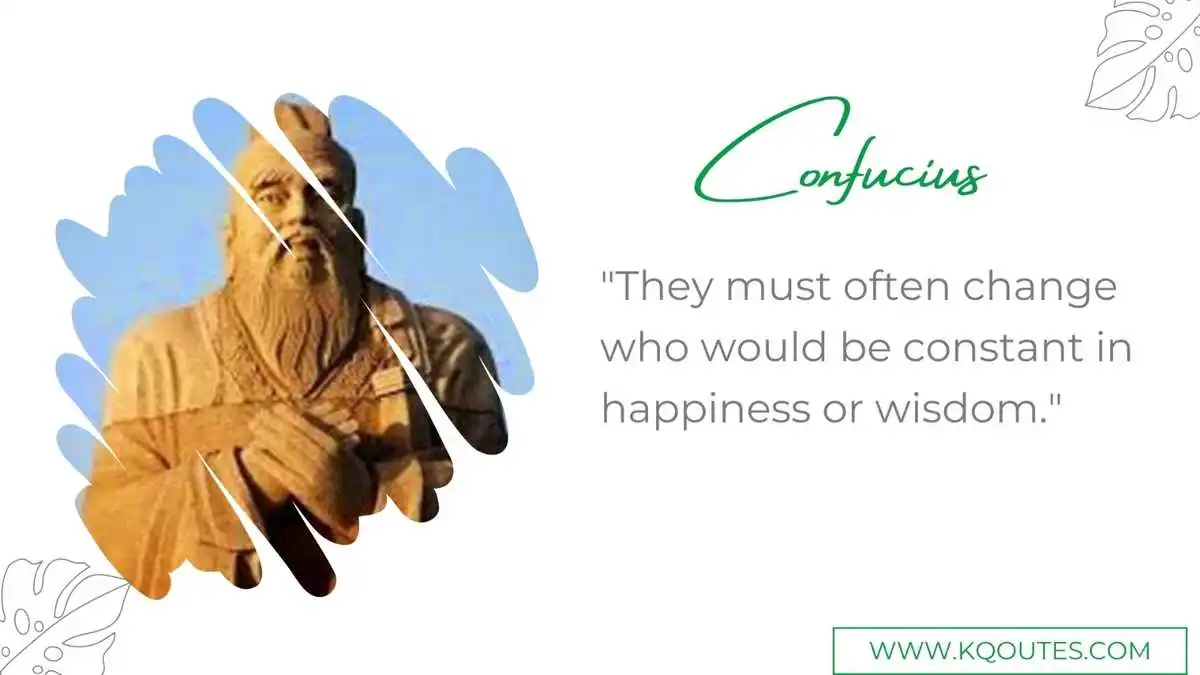
This quote implies that both happiness and wisdom are dynamic, evolving states that require adaptability. To maintain a consistent sense of happiness and wisdom, individuals must be willing to change, learn, and grow over time, rather than clinging to rigid, unchanging beliefs or behaviors.
This quote suggests that truly accomplished individuals focus on self-improvement and self-discovery, finding their purpose and fulfillment within. In contrast, those who lack self-awareness and personal growth tend to seek validation, happiness, or meaning from external sources, such as others’ opinions or material possessions.
This quote highlights the influence of government on societal values. In well-governed nations, the shame lies in the persistence of poverty, emphasizing a commitment to social justice. In contrast, in poorly governed countries, wealth may be associated with corruption and exploitation, bringing shame to those who accumulate riches through unjust means.
This quote underscores the importance of perseverance. The speed of progress is less critical than the determination to continue moving forward. Even if progress is slow, maintaining a steady effort will ultimately lead to success.
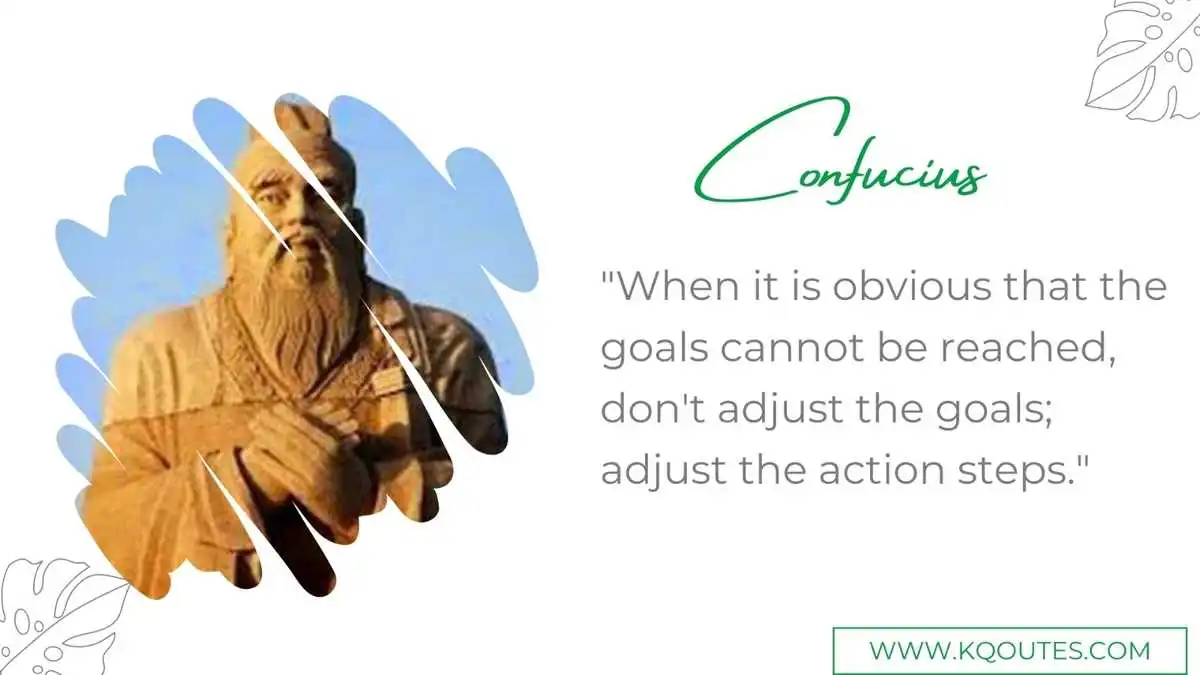
This quote advises against compromising one’s long-term goals in the face of obstacles. Instead, it encourages individuals to adapt their strategies and actions to overcome challenges, ensuring that they stay true to their original objectives.
This quote stresses the significance of moral courage. It suggests that failing to act in accordance with what is morally right demonstrates a deficiency of courage. Doing the right thing, even when it’s difficult or uncomfortable, is a testament to one’s character.
This quote identifies five essential qualities for perfect virtue: seriousness, a generous spirit, honesty, commitment, and kindness. It asserts that consistently embodying these virtues in all situations leads to moral excellence.
This quote warns against being deceived by surface appearances. It suggests that true virtue should be assessed through a person’s actions and character, rather than being swayed by eloquent words or a charming exterior.
This quote emphasizes the importance of preparation in achieving success. Success is more likely when one has adequately planned, learned, and equipped themselves for the task at hand. A lack of preparation often leads to failure.
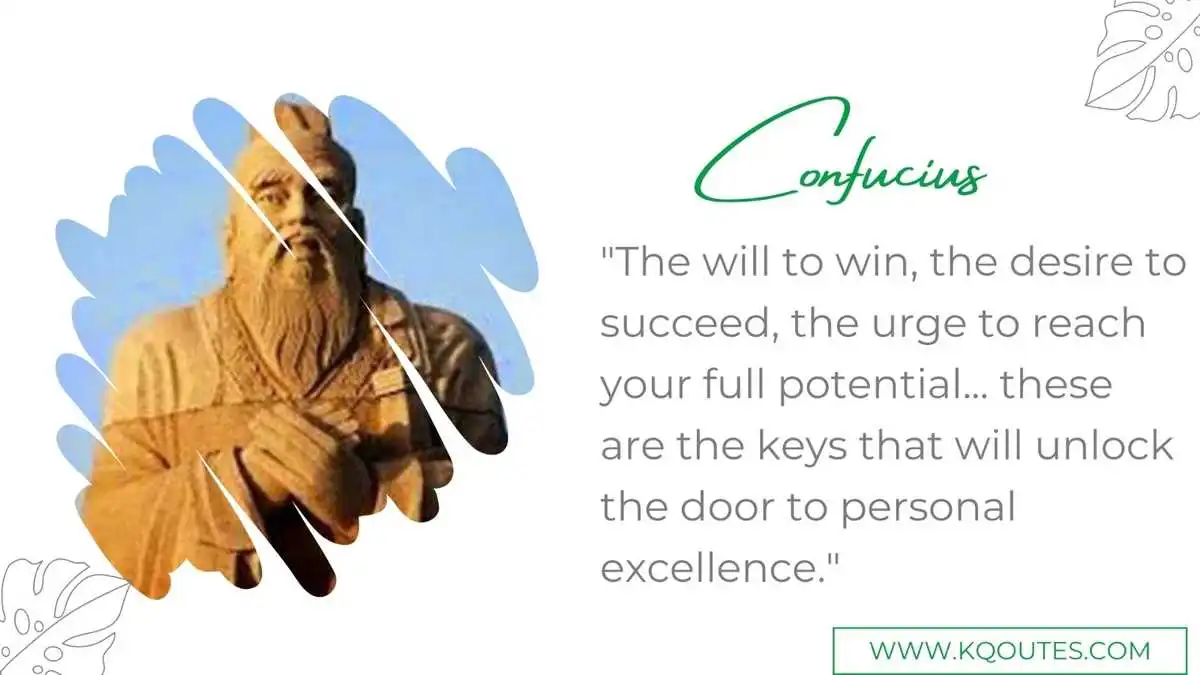
This quote underscores the importance of personal drive and ambition in achieving excellence. It suggests that a strong determination to succeed, coupled with a relentless pursuit of one’s potential, are the essential qualities that lead to personal greatness. By harboring the desire for success and the will to win, individuals can unlock the door to achieving their personal best.
This quote extols the value of resilience. It reminds us that making mistakes and encountering setbacks is a natural part of life. True glory comes from our ability to learn from these experiences, bounce back, and continue our journey toward success.
This quote points to three fundamental moral virtues that transcend cultural and societal boundaries. Wisdom, the ability to make sound judgments and decisions, is crucial for ethical behavior. Compassion, the capacity for empathy and kindness, fosters harmonious relationships. Courage, the willingness to face challenges and do what is right, underpins moral character. These qualities are universally acknowledged as key components of virtuous individuals.
This quote extols the significance of virtuous leadership. It draws a parallel between a virtuous leader and the North Star, which serves as a guiding light for all other stars. A leader who governs with virtue sets an example for others and commands respect and loyalty. Such leaders inspire others to follow a moral and ethical path, much like stars in the sky are drawn to the North Star.
This quote highlights the importance of a balanced approach to knowledge and thinking. It suggests that mere accumulation of facts or information without critical thinking can lead to aimlessness. On the other hand, deep thinking without continuous learning can lead to stagnation. The ideal approach involves a symbiotic relationship between learning and thinking, where knowledge informs critical thought and critical thought drives further learning.
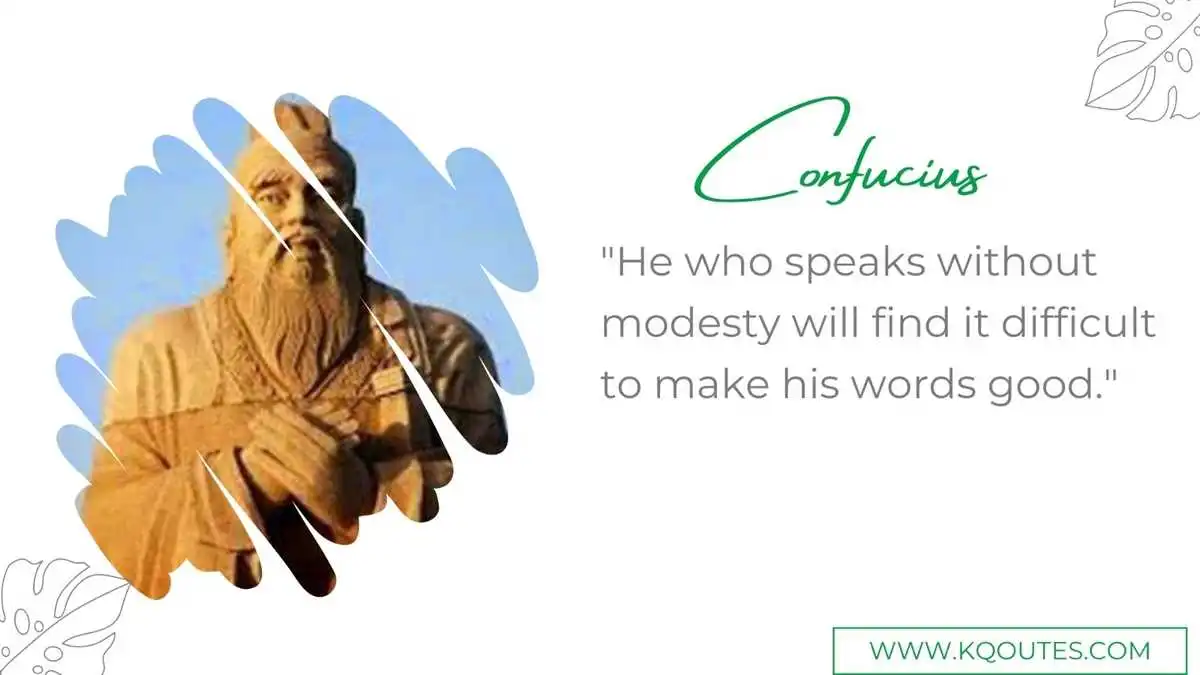
This quote emphasizes the role of humility in effective communication. It suggests that individuals who boast, brag, or speak with arrogance may struggle to live up to their words. Modesty and humility, on the other hand, create credibility and authenticity in what one says. In essence, one’s words are only as good as their ability to match their actions and intentions.
Click Here to Read More Quotes
Click Here to Read More Articles
Which are your Favorite Confucius Quotes?
Leave a comment below.

